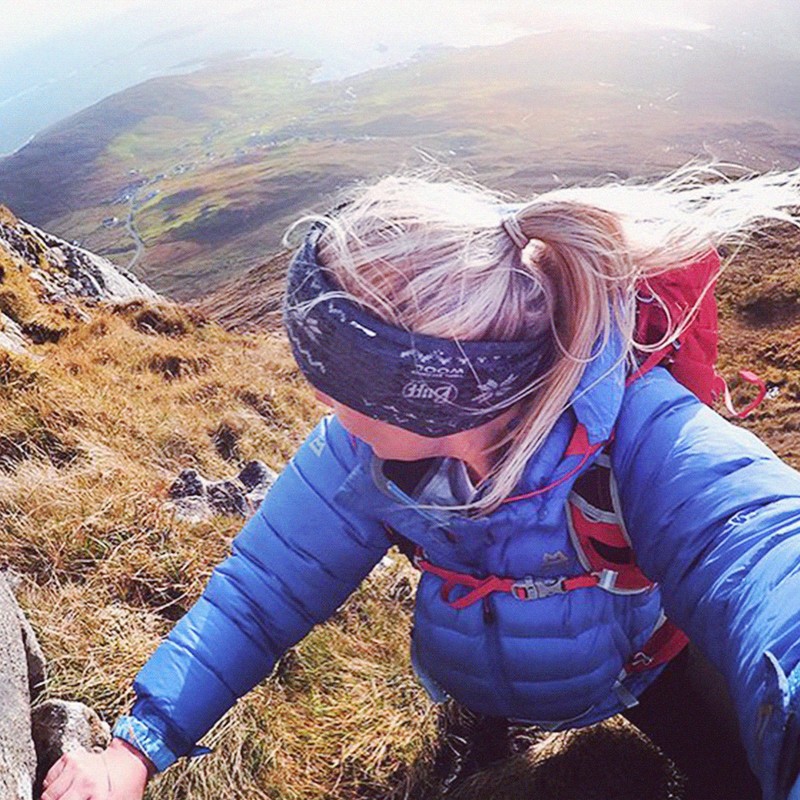
One Woman Tells Us About Her Extraordinary Life
My childhood was spent in Johannesburg. It’s a very edgy, raw and rugged place, full of the very rich and very poor, and lots of culture and creativity. I lived for our family holidays in bush – I was always in my element when we were on safari. It was these experiences which planted the seed for what I’ve spent the last decade doing.
In 2011 I quit my social enterprise job in London. At the time, I made myself a promise to find the thing I loved and discover a way to make money from it. In an attempt to clear my head, I ended up paddle-boarding 1,000 miles down the Missouri river. My life in global exploration just snowballed from there.
During this time, there were lots of bloggers writing about their experience on the road. Having decided to cycle 2,000 miles across the whole of the US, I decided to do the same. By the end of that journey, there was serious demand for people – women specifically – to share their experiences as explorers. The audience was enormous, so I rolled with it.
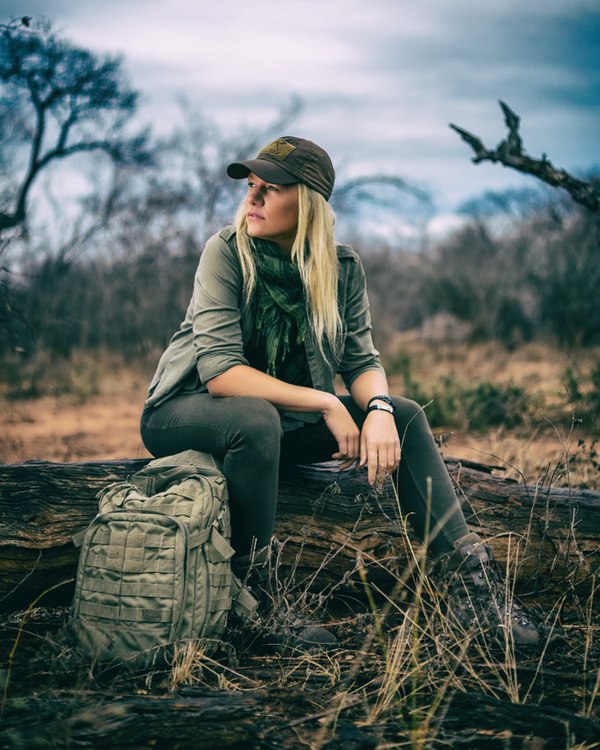
My 20s were all about pushing myself to my physical limit. It was a time when I undertook some of my first expeditions, including swimming the length of the Thames. I ended up being the first woman in history to do so. I’m not sure I’d do it again, even if you paid me a million pounds – I was so naïve going into it. The start was stunning – icy cold and freezing – but slowly you move into dense, brown water, where you can’t see or hear anything. Swimming for ten or 12 hours every day, there’s very little interaction with the environment and your mind goes to some weird places.
In fact, I nearly gave up part way through. In Marlow, I swam past some leaking sewage from a local plant and ended up being violently ill for a few days. It was gut wrenching to get through it, but a lesson in resilience to just keep going. It’s actually one of the expeditions I’m most proud of because I really didn’t enjoy it.
Around this time, I also spent six months travelling around South America. Three of them were spent at a wildlife sanctuary in Bolivia looking after an ocelot and a puma, both of which had been rescued from the black market (people buy them to train as domestic pets and it never ends well). You also can’t release animals back into wild which have been in captivity in South America, and my time there left an indelible impact – it was when nature and the environment took on a new significance in my mind. More recently, I’ve spent time in southern Africa filming a documentary about the illicit rhino horn trade and the criminal syndicates who sell them to countries where they are valued as ornaments or for medicinal use.
The best thing about the early years I spent travelling was the confidence it gave me. Most people use their early 20s to figure out who they are, and these early challenges really set me up for the future. I came back from some of them six inches taller, and I felt really confident. I wasn’t self-conscious anymore because I had such newfound respect for my body.
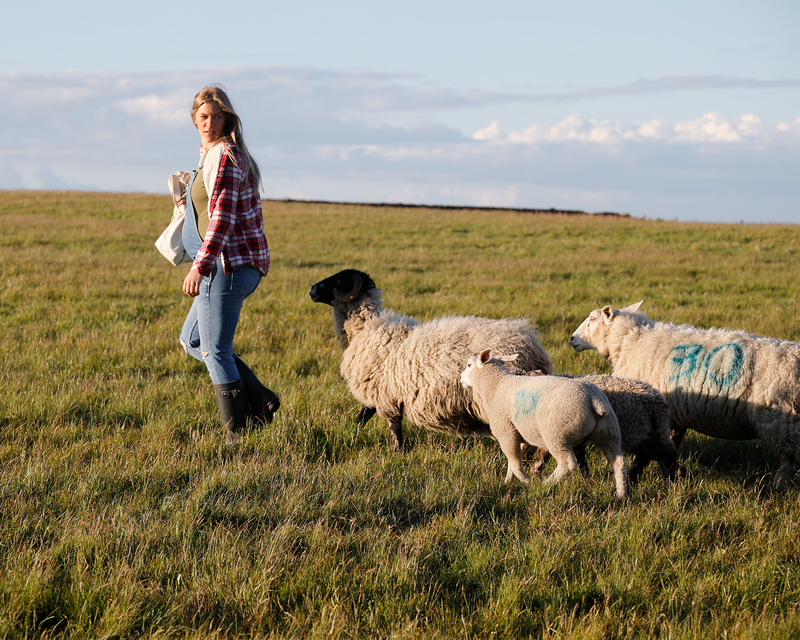
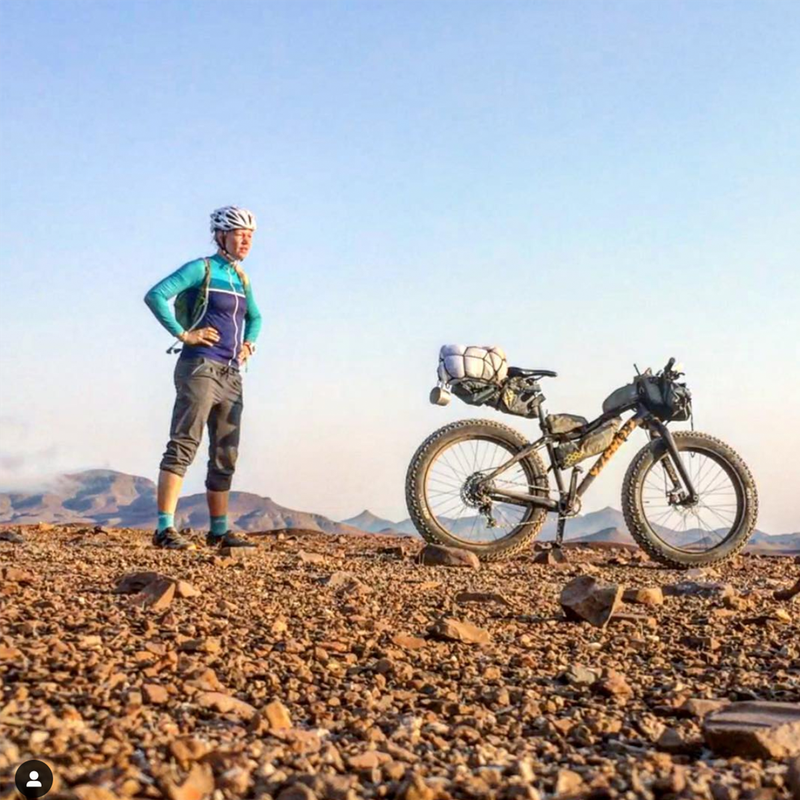
Eventually, I realised there were stories which needed telling more than my own. That’s when I got involved with trips like the one down the Essequibo river in Guyana. It was the very first descent of the third largest river in South America which until then, had remained largely unexplored. We collaborated with an indigenous community known as the Wai Wai to learn more about the local environment and how it can be protected. It was a turning point for me because until then I’d done most of my trips solo and was used to making every decision myself. This saw me go back into a team environment where it was all about trusting each other in a very remote place.
Funding is one of the main challenges you come up against as an explorer. It can be harder to get to the starting line of a challenge than to complete it. Sponsorship is one route you can take – there are a few brands out there that understand the concept and value of what we do. That said, a symbiotic relationship is key – it’s really draining to accept help from any old brand – it has to be one you believe in, and one with whom you can tell a genuine story.
There have been odd occasions when I’ve been in real danger. One was cycling across one of the world’s oldest deserts in Namibia. We were moving through lion territory, which was very isolated with zero human inhabitants. The open landscape was desolate and dry, and I’d run out of water having failed to account for the three-year drought which had dried up most of the natural water sources.
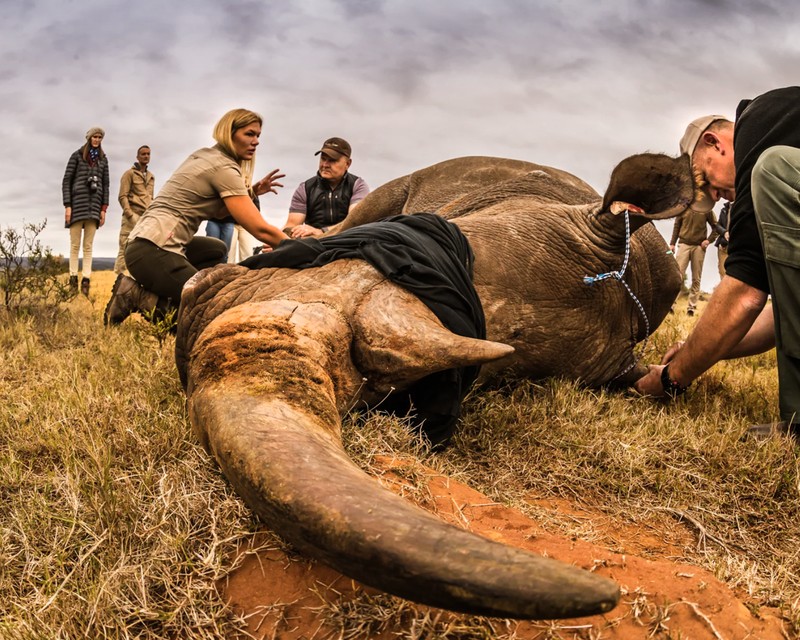
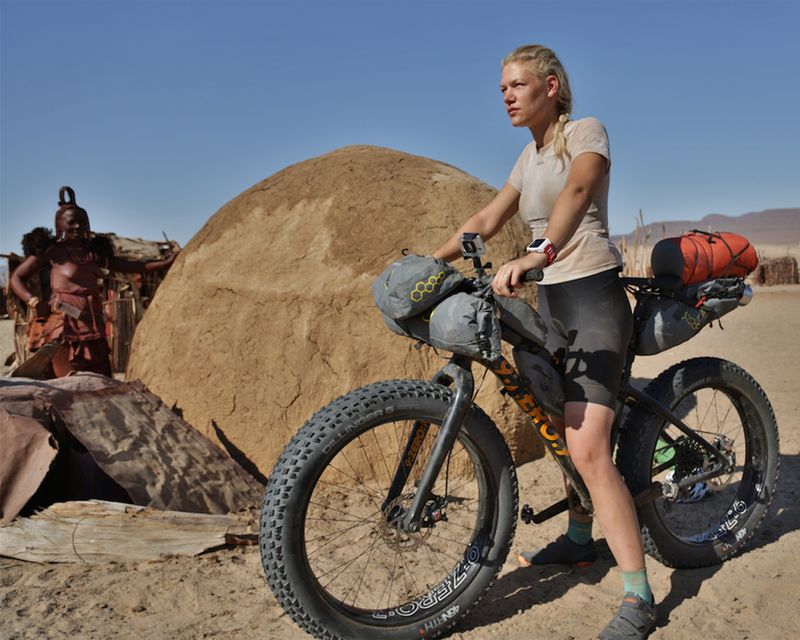
I was delirious to say the least. It was probably the closest I’ve been to my physical limit without dying. A lion warden who was a few miles ahead in Land Rover told me over the radio they had spotted a fresh kill, which was terrifying – it meant there were lions in the area, but I was in a canyon with only one way out, which would take me past the kill area. Eventually, I lost consciousness 200 yards from the fresh lion kill. Thankfully, the warden followed his instincts and came back where he found me wandering around semi conscious.
My biggest achievement has been the lessons I’ve learnt. My time with the Wai Wai marked a major shift from self-centred travel to international collaboration. It was so humbling to see how marginalised these people are in their own country, even though they have this responsibility to conserve millions of miles of rainforest – for which they receive no government support. As with many of these communities, they’re pushed aside and seen as less educated, which couldn’t be less true. They carry centuries of knowledge about nature and local biodiversity – we need to learn as much as possible from them if we have any hope of saving our planet.
My trips have taught me the need for basic preparedness. You have to know the environment you’re heading into. People head out to climb Snowden in this country without even checking the weather. The thing is, it’s not necessarily physical strength you need – it’s about mental fortitude and staying calm under pressure. If you’re able to do this, it will probably save your life.
Isolation on the road helped prepare me for the events of 2020. I know what isolation feels like inside out and the red flags to look for in terms of my mental health. But there was an emotional toll I was less prepared for. I was separated from my partner Jake in South Africa for eight months during the pandemic. It made me realise it’s easier to deal with isolation when you’re in nature and when you still have purpose and drive. Over the past year, for many people their purpose has been stripped away from them, especially if they’ve been furloughed or lost their job.
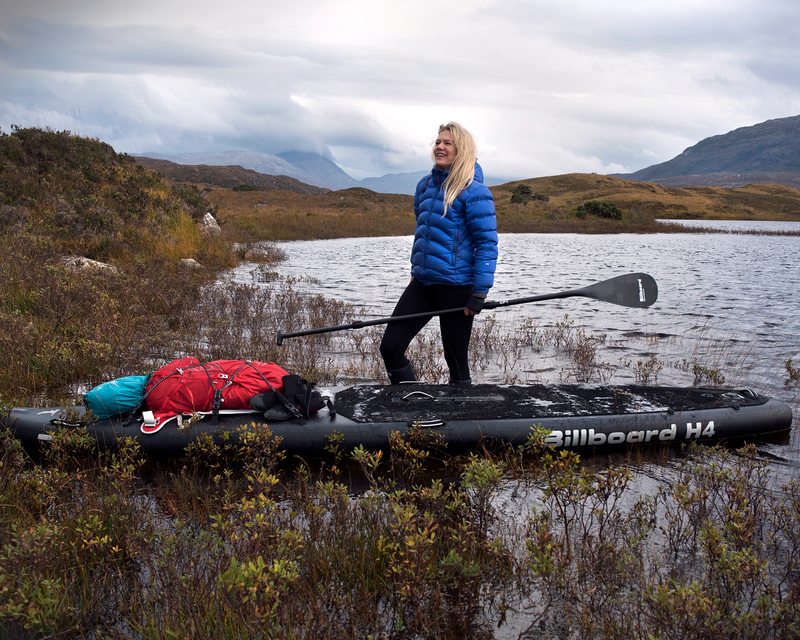
For me, the pandemic has largely been a blessing in disguise. One of the last flights I took was from South Africa where we were finishing the documentary and there were no plans beyond that, other than continuing on with my nomadic lifestyle. But the past year has allowed me to take stock and reset my aspirations for the future. It’s probably been the same for quite a few people.
I’ve decided I don’t want to be nomadic anymore. I’m currently pregnant, and Jake and I have invested in a farm in West Yorkshire where we’re focusing on regenerative agriculture, regenerating the soil and restoring the land’s natural biodiversity. We’re going fully organic and we’re not tilling the land either, which disturbs the microbiome beneath the surface. Per square foot of farm, we’re actually able to harvest nine or ten times more than the average mono-cropped farm with hundreds of acres of land. It shows this way of farming isn’t just better for the environment, it’s also more cost effective.
Don’t get me wrong – I won’t stop travelling. But my work today is much more about taking action that positively impacts my local community. We’re planning to take the little one to the Inner and Outer Hebrides as soon as we get a chance, but I’ve realised we can do so much good work closer to home.
To women wondering if they should travel alone, I say do it. You just have to be aware of how certain cultures work. There are certain countries where, due to cultural expectations, it's safer to be accompanied by a man – but don’t let that stop you. On average, the world is a safe place and there are always people who are willing to help you along your journey. Also, if you’re thinking about embarking on a trip, don’t put it off and let regret settle in 20 years later. Once we’re able, book the flight and take the risk. Desire alone is a sign there’s something in you which needs fulfilling. The skills you’ll pick up and confidence you’ll find are second to none. Travelling pushes you to trust yourself and your decisions – and you can’t put a price on that.
To see more of Ness’s next adventure, follow @Ness_Knight or visit NessKnight.com.
*DISCLAIMER: Travel restrictions are changing daily, so please check the latest government advice before you book anything. Visit Gov.uk for more information.
DISCLAIMER: We endeavour to always credit the correct original source of every image we use. If you think a credit may be incorrect, please contact us at info@sheerluxe.com.

